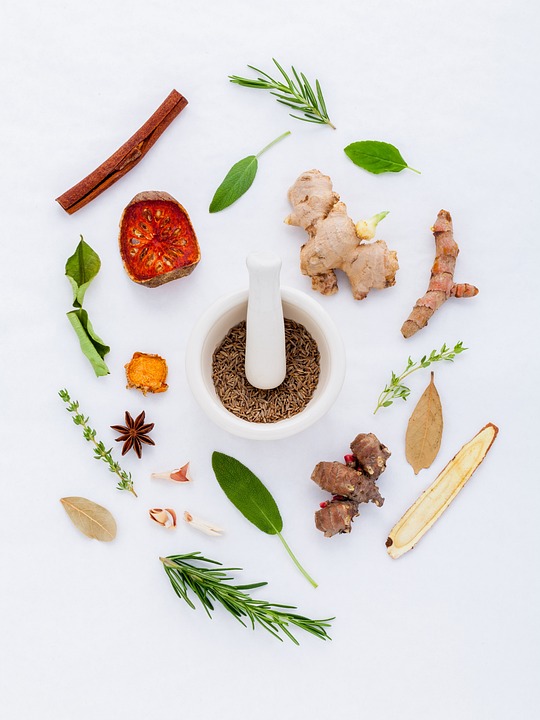A number of scientific tests conducted ahead of the Covid pandemic have proven this reduction of scent could be an early sign of the impending onset of Alzheimer’s disorder. Certainly, the scientific literature points out that this sensory disturbance can appear several years right before the initial cognitive signs, which indicates a url between the mind locations responsible for memory and the interpretation of olfactory stimuli.
New study on the outcomes of Covid
A study published in the scientific journal ‘European Archives of Psychiatry and Scientific Neuroscience’ discovered a link among decline of smell or flavor after beating COVID-19 with memory issues.
In this new perform, a team of Brazilian scientists analyzed medical info of 701 sufferers taken care of for average or severe COVID-19 at the Medical center das Clínicas involving March and August 2020.
Evaluations carried out 6 months immediately after hospital discharge showed that patients with the most serious submit-COVID-19 taste and scent disturbances obtained worse results on cognitive checksspecially when these concerned memory, and that examination effects have been unrelated to the severity of their ailment in the acute period of the disorder.
Parosmia and ghost: what are they?
“The sense of scent is an critical website link with the exterior entire world and is intently relevant to past encounters. The odor of a cake can evoke reminiscences of a grandmother, for occasion. In conditions of brain connections, scent interacts substantially far more strongly with memory than with sight and listening to “, states otolaryngologist Fábio Pinna, final creator of the article that collects the analyze.
The average to significant style deficit (minimized perception of flavor) was the most recurrent sensory complication (20%), adopted by a average to extreme olfactory deficit (18%), a average or significant deficit of equally smell and style (11%) and the parosmia (9%), which is a distortion of olfactory notionso that a beforehand appreciated odor turns into unpleasant, for illustration.
Up to 12 of the attendees explained they have olfactory hallucinations or ghosts (sensing odors unidentified to many others) and nine of them gustatory hallucinations (perceive the flavors without the need of feeding on anything). Either way, the majority explained hallucinations it only occurred right after suffering from COVID-19. In reaction to a problem about their common well being, 10.1% chose lousy or really bad, 38.5% selected good and 51.4% chose superior or really excellent.
–


